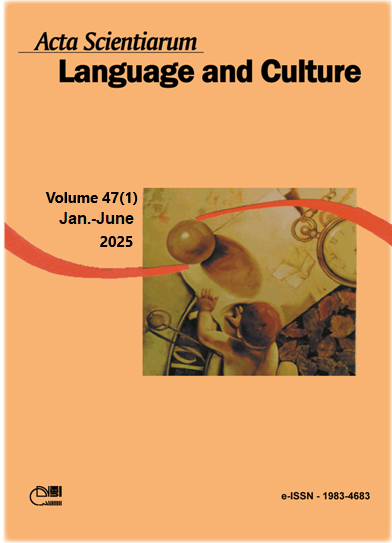‘Who does not have a friend, but has a book, has a road’: the fracture of academic colonialism through the work Quarto de Despejo by Carolina Maria de Jesus
Abstract
The purpose of this article is to understand the elements of decolonial writing present in the work Quarto de Despejo by Carolina Maria de Jesus, highlighting the ‘hunger to speak’ (Kilomba, 2019) and ‘escrevivência’ (Evaristo, 2020) as a mechanism of resistance to academic colonialism. The text results from a collective effort to think about the contributions of the writings of black authors to an anti-racist, feminist and citizen psychology, based on bibliographical research. Our analytical focus is on the approximation of the decolonial elements present in the work Quarto de Despejo with the concepts of ‘escrevivência’ and ‘hunger to speak’ to think about the Brazilian academic coloniality that reverberates in the absence of black literature in the curricula of Psychology and other courses of the Human Sciences.
Downloads
DECLARATION OF ORIGINALITY AND COPYRIGHTS
I Declare that current article is original and has not been submitted for publication, in part or in whole, to any other national or international journal.
The copyrights belong exclusively to the authors. Published content is licensed under Creative Commons Attribution 4.0 (CC BY 4.0) guidelines, which allows sharing (copy and distribution of the material in any medium or format) and adaptation (remix, transform, and build upon the material) for any purpose, even commercially, under the terms of attribution.
Read this link for further information on how to use CC BY 4.0 properly.




















6.png)









